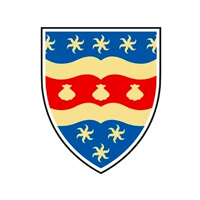fees waived
Biological Sciences, BSc (Hons)
University of Plymouth, United Kingdom
Ranking in UK
Ecology
Plant and Animal Science
Biological Science
Costs
food & rent S$18.8k / year
Entry requirements
Scholarships
Unlimited quantity
Unlimited quantity
Unlimited quantity
Limited quantity
Information
Code
Code
Intakes
Website (External)
Programmes
Information
Duration
2029
This biology degree offers a broad exploration of the discipline, from microorganisms to mammals and diverse ecosystems like woodlands and hydrothermal vents. It emphasizes equal development of laboratory and field skills, providing cutting-edge practical and transferable abilities highly valued by employers. Students gain a comprehensive understanding of contemporary biology, praised for its teaching quality, and prepare for careers in areas such as ecosystem management and biotechnology through hands-on experiences, including field trips and optional work placements.The programme begins with foundational modules in cell biology, microbiology, and physiology, complemented by practical labs and a residential field course. In the second year, students advance their knowledge through research projects, team work, and trips to locations like the Azores, with options for overseas study. The final year allows specialization in topics like plant biotechnology and ecotoxicology, culminating in a supervised research project. Accredited by the Royal Society of Biology, the course enhances employability through personalized skill development.
A local representative of University of Plymouth in Singapore is available online to assist you with enquiries about this course.

